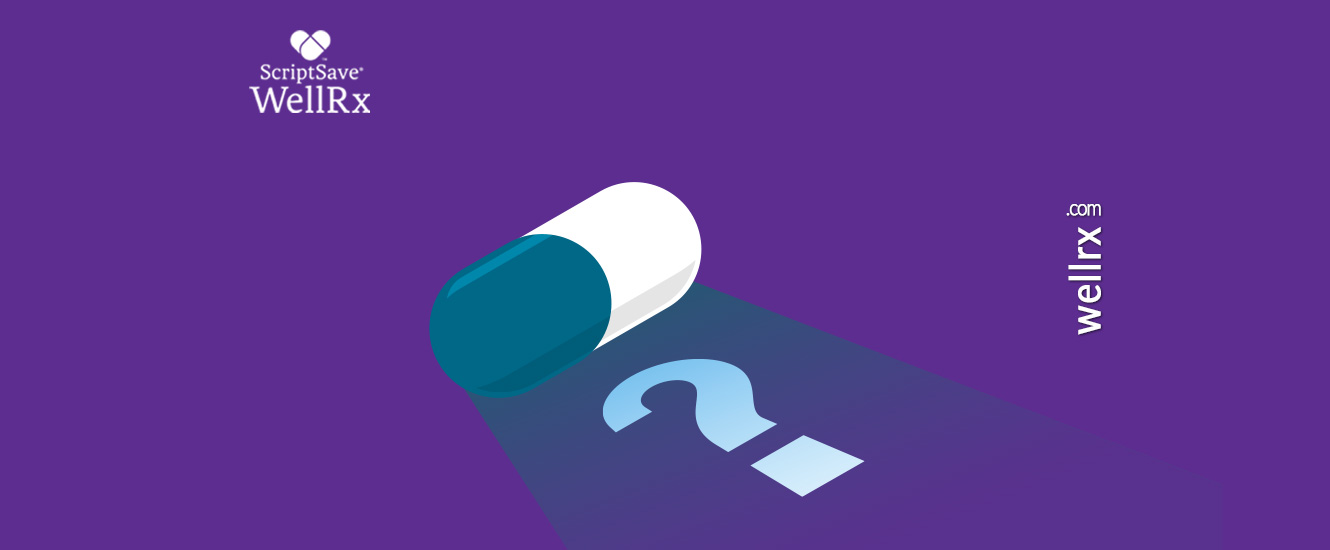If you’ve been diagnosed with hypothyroidism or suspect you have an underactive thyroid, you will most likely need to take a medication known as levothyroxine. Levothyroxine is a synthetic version of thyroxine, a hormone normally produced by the thyroid. Different versions of levothyroxine are available, so ask your doctor what is recommended, and make sure you understand the medicine you’ve been prescribed.
What Is Thyroxine?
The thyroid, a small gland located at the base of the neck, releases hormones that help control many functions throughout the body. The thyroid gland produces two main hormones: triiodothyronine, also known as T3, and tetraiodothyronine, also known as thyroxine or T4. Proper thyroxine levels are essential for good health. Thyroxine levels that are too high or too low can lead to serious health issues.
What Is the Role of Thyroxine in the Body?
Thyroxine plays a role in many important bodily functions, including digestion, metabolism, heart function, bone health, and brain development.
The thyroxine released by the thyroid gland is an inactive form. Once released by the thyroid, thyroxine must travel to organs such as the liver and kidneys, where it is converted into an active form known as triiodothyronine.
What Happens If Thyroxine Is High?
When the thyroid releases too much thyroxine, it can lead to a condition known as thyrotoxicosis. Thyrotoxicosis can be caused by an overactive thyroid gland, thyroid tumors, or thyroid inflammation. Thyrotoxicosis can also be caused by an autoimmune disease known as Graves' disease, in which the body produces autoantibodies that stimulate the thyroid gland and cause it to become overactive.
High levels of thyroxine can cause swelling of the thyroid gland, known as a goiter. Thyrotoxicosis can also lead to weight loss, increased appetite, changes in bowel movements, an irregular menstrual cycle, irritability, fatigue, hair loss, heart palpitations, and an irregular heartbeat.
What Happens If Thyroxine Is Low?
The thyroid can also produce too little thyroxine, a condition known as hypothyroidism.
Hypothyroidism causes many of the body’s functions to slow down. If hypothyroidism occurs in a young person, it can impair growth and development. Hypothyroidism in adults can affect metabolism, leading to weight gain, and it can cause memory problems, fatigue, fertility issues, and muscle stiffness or weakness. Hypothyroidism is most common among older women.
The most common cause of hypothyroidism is an autoimmune disorder known as Hashimoto's disease. In people with Hashimoto's disease, the immune system attacks the thyroid, which becomes damaged and can’t produce enough hormones. Hypothyroidism can also be caused by thyroid surgery, radiation therapy, or overcorrection of hyperthyroidism through the use of medication.
If hypothyroidism is left untreated, it can lead to heart problems, nerve issues, infertility, and even death.
How Is Hypothyroidism Treated?
The standard treatment for hypothyroidism is with levothyroxine. The medication must be taken daily. Levothyroxine restores proper hormone levels and reverses the symptoms of hypothyroidism, although determining the right dose may take some time. Treatment with levothyroxine must be fine tuned to achieve the best results, and even small changes in dosage can affect how well your thyroid disease is managed. Too much levothyroxine can cause symptoms such as insomnia, heart palpitations, increased appetite, and shakiness.
What Are the Side Effects of Taking Thyroxine Tablets?
When taken at the right dose, levothyroxine is safe and causes virtually no side effects. To determine the right dose, your doctor will likely want to check your levels of thyroid-stimulating hormone (TSH) after a few weeks, and again after six months.
If you have hypothyroidism, you will likely need to take levothyroxine the rest of your life. However, the amount you need may change over time. It’s important to take your medication every day as directed, and don’t skip doses if you’re feeling better. If you stop taking the medication, the symptoms of hypothyroidism will return.
Are There Different Types of Levothyroxine?
In the United States, levothyroxine is available under the brand names Synthroid, Levoxyl, L Thyroxine, Levo T, Levothroid, Levothyroxine T4, Levoxine, Tirosint, and Unithroid. Generic versions are also available.
Although the various brands may have some differences in how they are manufactured, the brand-name versions of levothyroxine have been thoroughly tested and are known to be reliable. The types and amounts of fillers and dyes used in the medications may also differ, which can affect how well your body absorbs the drug. For this reason, it’s best to consistently use one brand of levothyroxine. If you need to switch brands for any reason, be sure to let your doctor know. You will likely need a different dose and will need to have your TSH levels rechecked.
Brand-name versions of levothyroxine are also known for having a consistent potency from one batch to the next, but the potency of generic versions may be less consistent. If you take a generic version, you may notice a change in how you feel after having your prescription refilled.
If you’ve been prescribed levothyroxine to manage your thyroid disease, you can use a ScriptSave WellRx discount card to get the lowest price at a pharmacy near you.
Karen Eisenbraun is a Certified Holistic Nutrition Consultant. She holds an English degree from Knox College and has written extensively about topics related to holistic health, clinical nutrition, and weight management.
References:
https://www.yourhormones.info/hormones/thyroxine/
https://www.niddk.nih.gov/health-information/endocrine-diseases/graves-disease
https://www.mayoclinic.org/diseases-conditions/goiter/symptoms-causes/syc-20351829
https://www.niddk.nih.gov/health-information/endocrine-diseases/hashimotos-disease













 Store & manage your medication list
Store & manage your medication list Medication pricing updates
Medication pricing updates Pill & refill reminders
Pill & refill reminders Medication journal & mood log
Medication journal & mood log